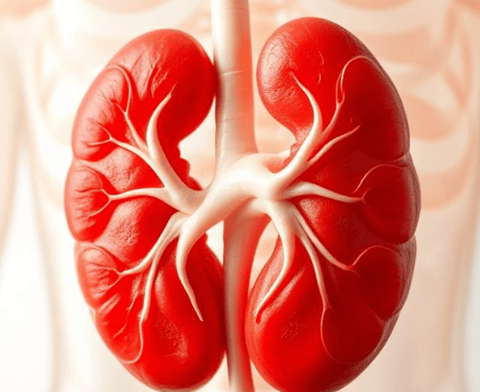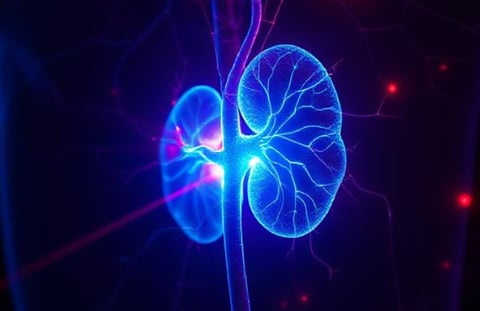NEPHROLOGY (KIDNEY-RELATED PROCEDURES)
A Kidney Transplant is a surgical procedure performed to replace a damaged or failed kidney with a healthy kidney from a donor (living or deceased). The kidney helps filter waste, excess fluid, and toxins from the blood, maintaining the body's chemical balance.
Dialysis Access Surgery is performed to create a reliable and long-lasting access point for hemodialysis in patients with chronic kidney disease (CKD) or end-stage renal disease (ESRD). This access point allows blood to be removed, filtered, and returned to the body during dialysis.
A Nephrectomy is a surgical procedure to remove all or part of a kidney. This operation is performed to treat conditions such as kidney cancer, severe kidney infection, kidney damage, or to remove a healthy kidney for transplantation (in case of a kidney donor).
Percutaneous Nephrolithotomy (PCNL) is a minimally invasive surgical procedure used to remove large or complex kidney stones that cannot be treated with medication, extracorporeal shock wave lithotripsy (ESWL), or ureteroscopy. It is typically performed when kidney stones are larger than 2 cm, located in the renal pelvis (central part of the kidney), or blocking the flow of urine.
Ureteroscopy with Laser Lithotripsy (URSL) is a minimally invasive surgical procedure performed to remove or break kidney stones located in the ureter (the tube that connects the kidney to the bladder) or within the kidney itself. It is commonly used for medium to large kidney stones or stones that fail to pass naturally through urine.






Kidney Transplant
Nephrectomy (Kidney Removal)
Percutaneous Nephrolithotomy (PCNL)
Dialysis Access Surgery (AV Fistula, AV Graft)
Ureteroscopy with Laser Lithotripsy
Affordable medical tourism services across India.
Support
Query
© 2025. All rights reserved.
